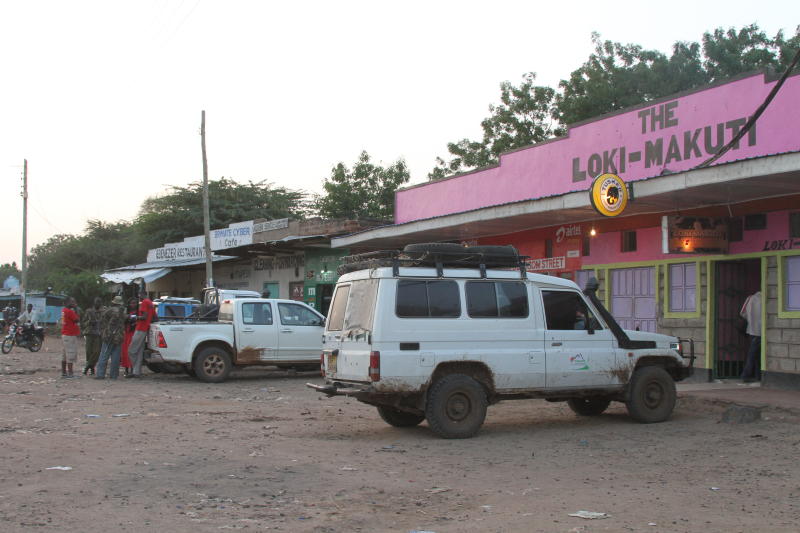×
The Standard e-Paper
Stay Informed, Even Offline

The hustle and bustle of Lokichoggio town is gone. The town that once bustled with activity has gone silent thanks to the exit of humanitarian workers who worked in South Sudan.